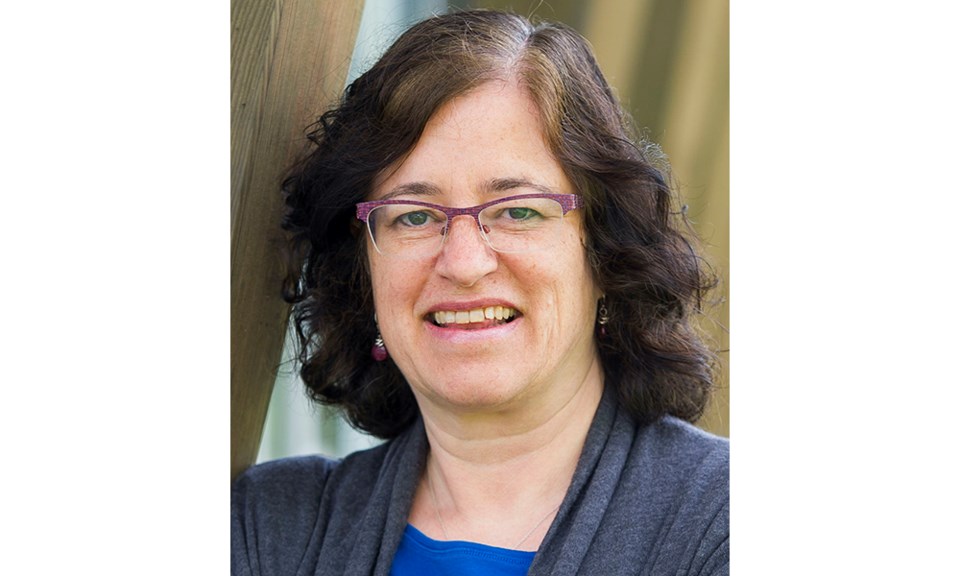“Today is a very significant and beautiful day,” said Councillor Ed Johnson from the Huu-ay-aht First Nation on Vancouver Island.
He was reacting to news this week that the provincial government is changing its laws to make it possible for Indigenous communities to provide their own child welfare services for child protection and adoption.
This change is past due, given that an extremely disproportionate number of Indigenous children are in government care. While Indigenous children make up just 10 per cent of the general population, they represent 68 per cent of children in foster care. This gross imbalance is due to the Canadian history of residential schools and colonialism, a wrong that continues to this day, but that this change is designed to begin to address.
The shift was triggered by federal legislation, passed in January 2020, affirming the right of Indigenous peoples to have legal say over the care of their children. So far, four Indigenous governing bodies are preparing to take jurisdiction over child welfare and a new Indigenous child-welfare director position will be created in the children’s ministry.
“I think that Huu-ay-aht has been working for several years, to bring our children home,” Johnson said. “We are guided by the experiences of our families and the voices of our citizens who have lived the effects of residential school and the traumatization of removal of our children.”
Johnson said the inherent right of Indigenous people to make their own laws about children and families was always there, but that recognizing that right is a key step in reconciliation.
“I feel that we're just starting to scratch the surface of that. You know, we're starting to sink our teeth and our claws into it to really make a difference and moving forward,” Johnson said.
B.C. will be the first province in Canada to recognize the inherent right of Indigenous people to have jurisdiction over the guardianship of their children.
“The colonial era of the province controlling child welfare must come to an end — and this legislation cannot be passed soon enough,” said Grand Chief Stewart Phillip, of the Union of BC Indian Chiefs. “It brings me incredible joy to think about this change in my lifetime, and for my grandchildren and great-grandchildren.”
Several Indigenous leaders spoke in positive terms about the change, calling it “historic,” and saying the move represents “real courage and true leadership by the province.” But there was also a caution about the process and the content of the new laws, raised by Theresa William, councillor with the Splatsin First Nation.
“The province’s process was very rushed and gave leadership very little time to consider the proposed changes, and what it might mean for us,” William said. “The province must do better in its process of collaborating on legislation. There must be proper time and space for us to do this work.”
Nonetheless, William said she remains hopeful the ministry is “charting a new path for themselves.”
Regional Chief Terry Teegee, from the BC Assembly of First Nations, said the removal of children for generations, whether to residential schools or through child welfare, has been a deep source of pain and injustice.
“Will it be easy to make all the changes needed when it has been entrenched for so long that First Nations have not been seen as good parents due to racism and stereotypes?” Teegee said. “No, it will not, but we will never go back to those days again, and together we will work to ensure that children grow up to be the people they wish to be with the love and support of our peoples in every part of their lives.”
As both Teegee and William said, it’s going to take time to get this right and to heal the wounds of the past. Recognizing Indigenous peoples’ rights to care for their children seems an appropriate first step, and one that must be supported with the proper funding, safeguards and collaboration to ensure its success.
Tracy Sherlock is a freelance journalist who writes about education and social issues. Read her blog or email her [email protected].


